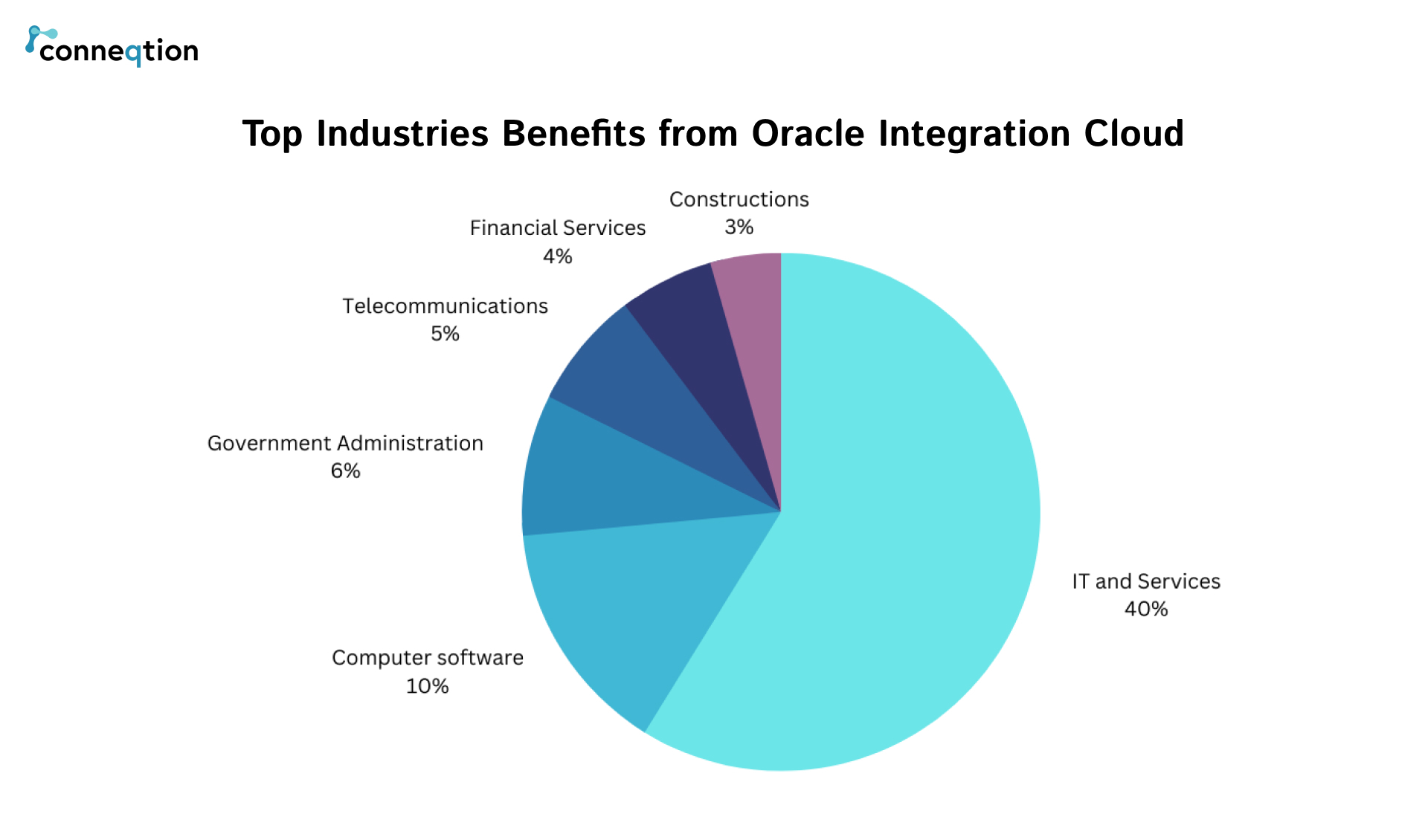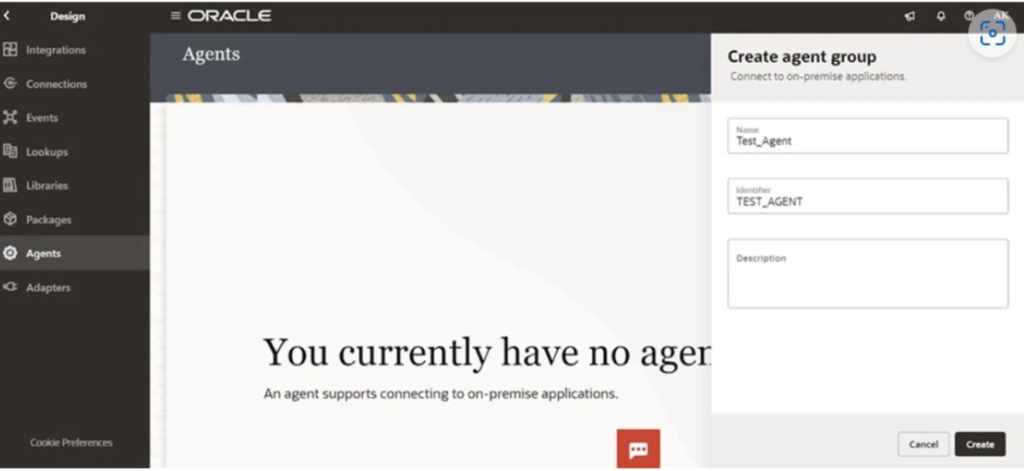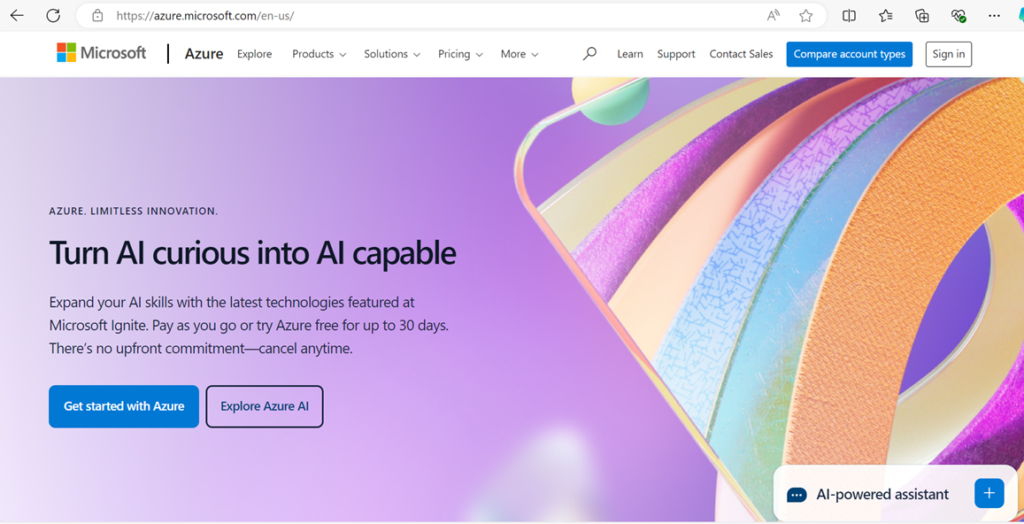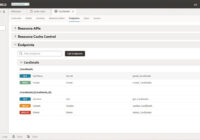In today’s digital world interconnected business landscape, effective integration of systems, applications, and data is crucial for organizations to streamline operations and enhance customer experiences.
In this article, we will explore the pros and cons of Oracle Integration Cloud, delving into its strengths and limitations. By checking the advantages and potential challenges associated with OIC, you can make an informed decision about whether it aligns with your organization’s integration goals and requirements.
Importance of OIC in modern business environments
Seamless System Integration: OIC allows businesses to seamlessly integrate a wide array of systems, applications, and data sources, whether they reside on-premises or in the cloud. By providing a unified platform for integration, OIC eliminates data silos and enables real-time information sharing, empowering organizations to make data-driven decisions and operate more efficiently.
Enhanced Business Agility: In a fast-paced business landscape, agility is crucial for organizations to respond quickly to market changes and customer demands. OIC facilitates agile development and deployment of integrations, allowing businesses to adapt to evolving requirements and seize new opportunities promptly. This agility helps organizations gain a competitive edge and capitalize on emerging trends.
Process Automation and Orchestration: OIC empowers businesses to automate and orchestrate their critical business processes, eliminating manual, repetitive tasks and reducing the risk of errors. By automating workflows across different systems and departments, organizations can streamline operations, improve productivity, and achieve cost savings.
Improved Customer Experiences: OIC enables businesses to create a unified, seamless experience for customers by integrating various customer touchpoints and systems. This integration allows organizations to deliver personalized and consistent experiences across channels, enhancing customer satisfaction and loyalty. OIC’s capabilities also facilitate the integration of customer data, enabling businesses to gain actionable insights and provide more targeted and effective marketing campaigns.
Scalability and Flexibility: As businesses grow and evolve, their integration needs expand as well. OIC offers scalability and flexibility to accommodate increasing data volumes, transaction loads, and new integration requirements. Whether it’s scaling up to handle higher workloads or integrating new systems and applications, OIC provides the necessary infrastructure and tools to support business growth and adapt to changing demands.
Security and Governance: In an era of heightened cybersecurity threats and stringent compliance regulations, OIC prioritizes security and governance. The platform includes robust security measures to protect sensitive data and ensures compliance with industry standards and regulations. OIC also offers features like role-based access controls and audit trails, providing organizations with the necessary governance mechanisms to monitor and manage integrations effectively.
Also read – 5 Key Features of Oracle Integration Cloud you should know
Pros and Cons of OIC
Pros:
- Enable real-time business events.
- Enable ERP call back integrations for sustainable integration design.
- Out of box OIC SFTP.
- ERP adapter support.
- Pre-built integration recipes which can be utilized.
- CI/CD support.
- Can establish connectivity between on-premises and cloud applications using OIC agent.
- High availability OIC agent support.
- Can build customized applications using VBCS.
- Enable process workflow (human intervention) using PCS.
- Pre-built error management and notifications when any connector or agent is down.
- Integrated security control and proper user management with permissions.
- Enable single sign on for OIC developers and VBCS custom screens.
- Support for real-time and batch integration.
Cons:
- Dependency on OIC connectivity agent to connect with on-premises systems. Need to maintain OIC agent restart and upgrades in case of loss of connectivity. To ensure while using agent we utilize the high availability concept.
- Limitation of 50MB data size limit for request, response payload.
- Limitation of 1 GB data size limit to read files from SFTP.
- Activity stream / Payload Logs getting purged beyond 90% of storage space.
- Cannot create separate folders for processes or connections. OIC Gen 3 has the folder structure concept.
- Cannot copy and paste the processes. However, recently OIC Gen 3 has started supporting cut and paste.
- Need to re-activate the integrations post connection update to reflect the latest changes.
Considerations for organizations evaluating OIC for their integration needs
When evaluating Oracle Integration Cloud (OIC) for integration needs, organizations should consider several key factors to ensure it aligns with their requirements and goals. Here are some important considerations:
Integration Complexity: Assess the complexity of your integration requirements. Determine if OIC can handle your specific integration scenarios, including the number and diversity of systems, applications, and data sources involved. Consider the need for advanced integration capabilities such as complex transformations, business process automation, or event-driven architectures.
Integration Flexibility: Evaluate the flexibility of OIC in supporting various integration styles (application, process, data, and experience). Consider if it allows for seamless integration between on-premises and cloud environments, and if it supports multi-cloud integration scenarios. Ensure that OIC provides the necessary adaptability to meet your current and future integration needs.
Cost Considerations: Evaluate the cost structure of OIC and determine if it aligns with your budget and cost expectations. Understand the pricing model, licensing fees, and any additional costs for advanced features or premium support. Consider the long-term return on investment (ROI) and value that OIC can provide to justify the associated costs.
Skills and Expertise: Assess the skills and expertise required to effectively utilize OIC. Evaluate if your team possesses the necessary knowledge and experience to work with the platform or if additional training and resources will be needed. Consider the availability of vendor support and community resources to assist with any technical challenges or implementation issues.
Vendor Support and Roadmap: Evaluate the vendor’s track record, reputation, and commitment to product support and development. Assess the vendor’s responsiveness, availability of documentation, and resources for troubleshooting and assistance. Understand the product roadmap to ensure ongoing updates and enhancements align with your organization’s future needs.
Security and Compliance: Consider the security features and protocols offered by OIC. Evaluate if it meets your organization’s security requirements, including data encryption, access controls, and compliance with industry regulations. Assess the vendor’s track record in maintaining a secure and reliable platform.
Recommended for you: Uses of VBCS and OIC
 Conclusion:
Conclusion:
In the rapidly evolving landscape of modern business environments, the importance of Oracle Integration Cloud (OIC) cannot be overstated. OIC plays a pivotal role in enabling organizations to navigate the complexities of digital transformation, enhance operational efficiency, and stay competitive in today’s interconnected world. If you are looking for Oracle integration, we at conneqtion has years of experience. Contact us today to get started.


 Conclusion:
Conclusion:



